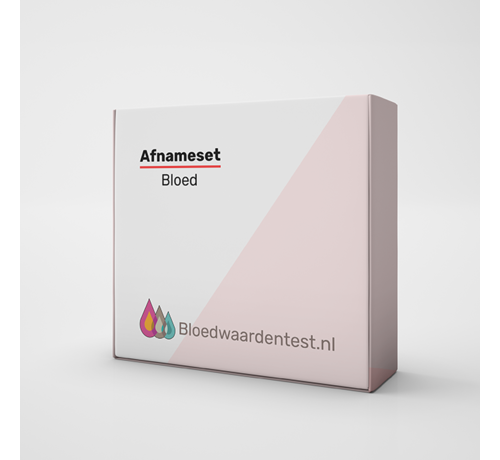Hepatitis A screening
The Hepatitis A IgG/IgM screening test (also known as Anti-HAV IgG/IgM) is a blood test that detects antibodies to the hepatitis A virus. This is a screening test to determine if you have been in contact with the hepatitis A virus and have developed antibodies.
Please note that if this screening test is positive, you do not yet know whether it is an old or new infection. You must then take the next test within 5 working days of receiving it at the lab:
In addition, the test can be used to check the antibody titer after vaccination. If you run the test to check this, please include "titer after vaccination" in the comments. The result will indicate whether you are positive (antibodies present) or negative (no antibodies).
About Hepatitis A:
Hepatitis A is a highly contagious inflammation of the liver caused by the hepatitis A virus. The disease can be so mild that it goes unnoticed. The most common symptoms are fatigue, mild fever, pain in the upper abdomen and nausea.
Symptoms
Children often have few or no symptoms; only 30% of children younger than 6 years show symptoms. In adults, on the other hand, hepatitis A causes symptoms of illness in more than 70% of cases. Common symptoms include:
- Jaundice (turning the skin and whites of the eyes yellow)
- Dark urine
- Discolored stools
- Abdominal pain
- Nausea
- Fever
- Fatigue
- Symptoms usually appear 2 to 6 weeks after infection and may persist for several months. One or more of these symptoms may already indicate infection with hepatitis A.
Course and recovery
Hepatitis A almost never leads to a chronic infection. After infection, it takes an average of 30 days for a person to become ill. During the latter part of the incubation period, however, the infected person is already contagious.
Within three months, 85% of patients heal on their own. Mortality from acute hepatitis A is rare.
Causes and transmission
Hepatitis A is transmitted primarily through food or water that has come in contact with contaminated feces. In tropical destinations, you can contract hepatitis A by drinking contaminated water or through poor hygiene.
Other transfer forms are:
- Anal sex (the virus passes through feces)
- Contact with contaminated objects such as towels or faucets
Hepatitis A and high-risk groups
There is currently an outbreak of hepatitis A among men who have sex with men. More than 1,000 cases have already been reported in Europe, and the virus is increasingly found in this group in the Netherlands as well.
Prevention
To prevent the spread of hepatitis A, good hygiene measures are important:
- Wash your hands thoroughly with soap and water after going to the toilet and before cooking or eating.
- Wash your hands with soap and water before and after sex, or take a shower.
- Use condoms or latex gloves during anal sex.
- Don't share sex toys.
Vaccination
Vaccination is the most effective way to prevent hepatitis A. Two shots usually provide lifelong protection, while the first shot provides immediate protection. Vaccination against hepatitis A is available through the GGD or your primary care physician.
Note that vaccination is not free, but some health insurance companies reimburse (part of) the cost.
In addition to a vaccine that specifically protects against hepatitis A, there is also a combined vaccine that protects against both hepatitis A and B. If you are entitled to a free hepatitis B vaccination through the Public Health Service, you can combine this with a hepatitis A vaccination for a small additional cost.
With proper hygiene and vaccination, you can significantly reduce your risk of hepatitis A.






